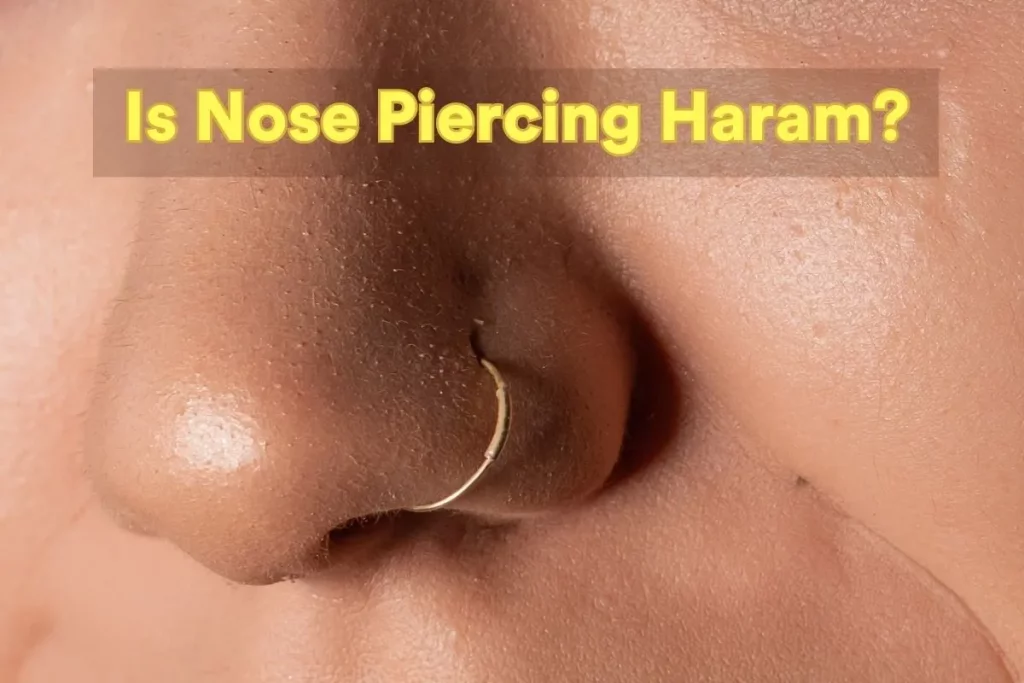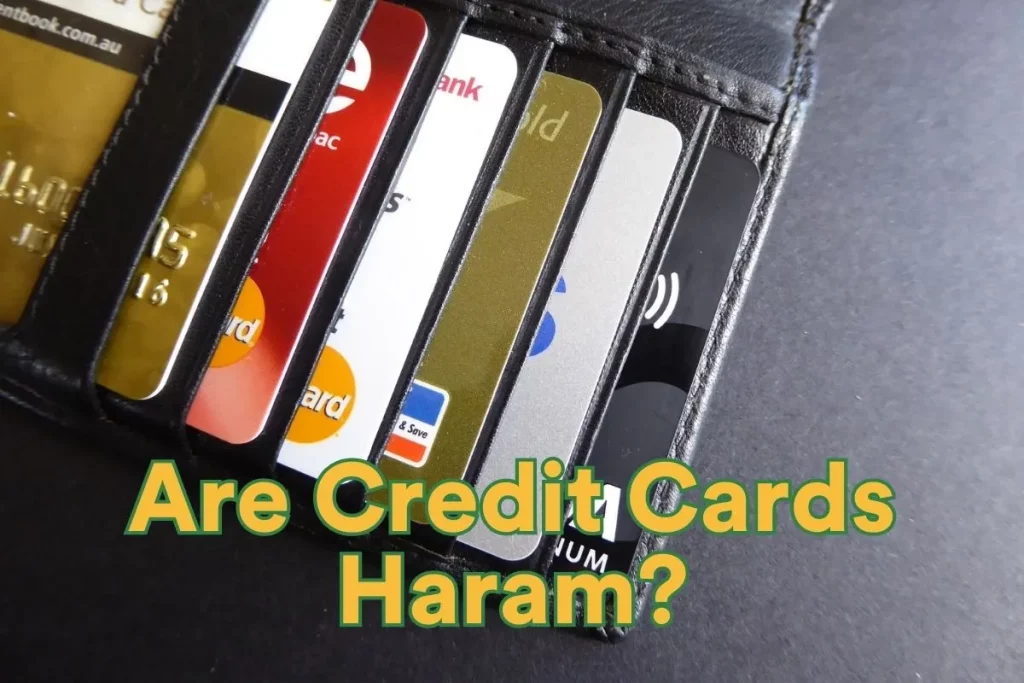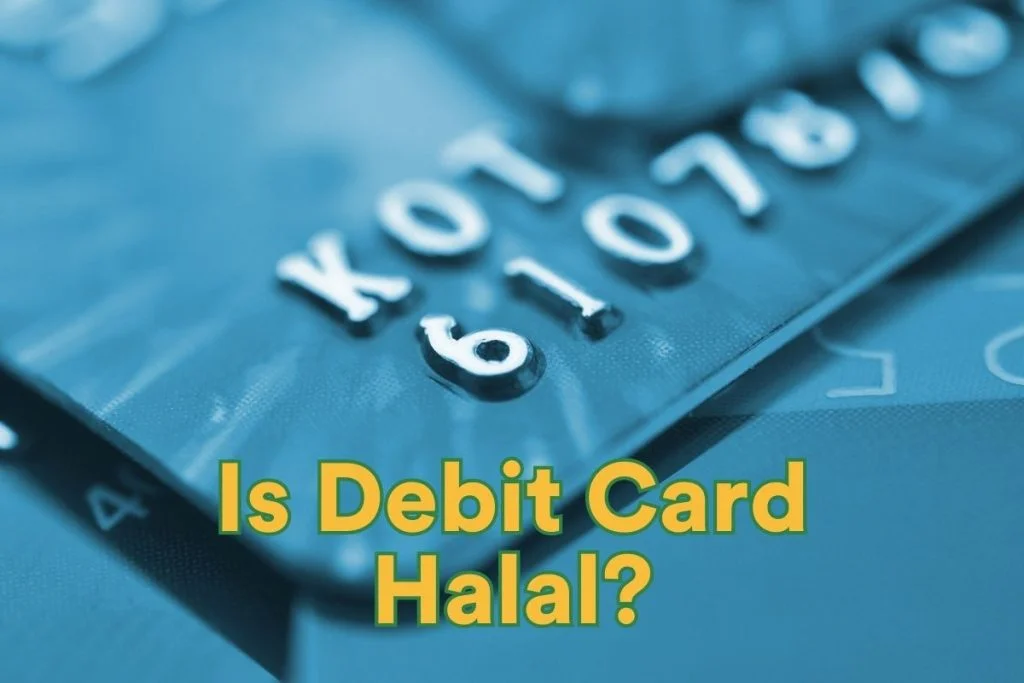In various cultures globally, body adornments have held a crucial role in expressing oneself, asserting identity, and preserving a cultural legacy. Among these, nose piercing emerges as a standout, provoking inquiries about its alignment with Islamic principles.
In this exploration, we’ll uncover the religious importance of adornment, tackle the query of nose piercing’s permissibility, and provide enlightening conclusions to illuminate this practice within Islam’s framework.
Key Takeaways
| 📌 Cultural & Religious Significance: Adornments, including piercings, hold cultural and historical importance for self-expression. Islam values beauty and humility in moderation. |
| 📌 Permissibility: Nose piercing can be permissible if customary among Muslim women and not harmful, aligning with Islam’s principles. |
| 📌 Gender Distinction: Nose piercing is generally discouraged for males due to imitating women’s adornments, against Islamic modesty principles. |
The Religious Significance of Adornment
Adornments, including piercings, have been used as forms of personal expression and cultural identity for centuries. In Islam, the concept of adornment is not foreign. The religion acknowledges the natural human inclination towards beauty and aesthetics. In a well-known hadith, the Prophet Muhammad ﷺ stated:
وعن عبد الله بن مسعود رضي الله عنه عن النبى صلى الله عليه وسلم قال: “لا يدخل الجنة من كان في قلبه مثقال ذرة من كبر” فقال رجل” إن الرجل يحب أن يكون ثوبه حسناً ونعله حسناً؟ قال: “إن الله جميل يحب الجمال الكبر بطر الحق وغمط الناس” ((رواه مسلم)).
‘Abdullah bin Mas’ud (May Allah be pleased with him) reported:
The Prophet (ﷺ) said, “He who has, in his heart, an ant’s weight of arrogance will not enter Jannah.” Someone said: “A man likes to wear beautiful clothes and shoes?” Messenger of Allah (ﷺ) said, “Allah is Beautiful, He loves beauty. Arrogance means ridiculing and rejecting the Truth and despising people.”
This sentiment encapsulates the idea that appreciation for beauty is not contrary to Islamic values but rather aligns with the essence of creation.
Understanding Cultural Influences
Cultural practices and aesthetics play a significant role in how individuals perceive nose piercing and other body adornments. In certain cultures, nose piercing or belly piercing carries deep cultural meanings, symbolizing rites of passage, marital status, or social identity.
Nose piercings have been an integral aspect of South Asian culture, tracing back thousands of years. The practice even finds its earliest documented mention in a historical record from the Middle East, dating back 4,000 years ago. This enduring tradition showcases the widespread cultural significance of nose piercings across different regions and times.
For millennia, nose piercings have adorned individuals across Africa, India, and the Middle East, showcasing a rich historical tradition. Remarkably, nose piercings hold the second-highest popularity among various piercing types, just behind earrings.
Is Nose Piercing Haram?
If nose piercing or adorning other body parts with jewelry is a customary practice among Muslim women without causing significant harm, it may be permissible (allowed). However, this should be done with the understanding that the principle of not causing harm to oneself or others, as emphasized in surah Al Baqarah verse 195.
This approach aligns with the teachings of Islam while acknowledging cultural practices that have a moderate impact on well-being.
وَأَنفِقُواْ فِي سَبِيلِ ٱللَّهِ وَلَا تُلۡقُواْ بِأَيۡدِيكُمۡ إِلَى ٱلتَّهۡلُكَةِ وَأَحۡسِنُوٓاْۚ إِنَّ ٱللَّهَ يُحِبُّ ٱلۡمُحۡسِنِينَ
“And spend of your substance in the cause of Allah, and make not your own hands contribute to (your) destruction; but do good; for Allah loves those who do good.
Ibn Abidin in Raddul Mukhtar, quoting from a number of sources stated:
إن كان – يعني الخزام في الأنف – مما يتزين النساء به – كما هو في بعض البلاد – فهو فيها كثقب القرط – يعني في الجواز – وقد نص الشافعية على جوازه “
If nose decoration is regarded as part of women’s adornment practices, similar to what occurs in certain regions, then its permissibility aligns with that of ear piercing. This viewpoint is also supported by scholars of the Shafi’i school.
Final Thought
In exploring the intricacies of nose piercing within the context of Islam, we find a balance between cultural practices and religious principles. Adornments have their place in self-expression and identity, aligning with Islam’s appreciation for beauty in moderation.
While nose piercing can be permissible for women if customary and non-harmful, it’s important to consider the teachings of modesty and gender distinction. As individuals navigate this topic, understanding the balance between cultural practices and religious values can lead to informed choices in harmony with Islamic principles.
Allahu A’lam (Allah knows best)
FAQs
Is it Haram to get your nose pierced in Islam?
The permissibility of getting one’s nose pierced in Islam depends on the cultural and religious context. If nose piercing is a customary form of adornment and does not cause harm, it is generally considered halal (permissible).
Is it allowed to pierce the left or right side of the nose in Islam?
In Islam, there is no specific ruling regarding which side of the nose to pierce. The permissibility of piercing either the left or right side of the nose depends on local customs and personal preferences.
As long as the act of piercing is done with the intention of adornment and is not harmful, it is generally considered acceptable in Islamic teachings. It’s important to prioritize modesty and avoid excessive adornment that may lead to arrogance or disobedience to Islamic principles.
Is nose piercing sunnah in Islam?
No, nose piercing is not considered a Sunnah (recommended or encouraged practice) in Islam. While body adornments are not explicitly prohibited in Islamic teachings, there is no specific mention of nose piercing as a Sunnah in the authentic sources of Islamic tradition.
The practices that are considered Sunnah in Islam are those that have been directly endorsed or practiced by Prophet Muhammad ﷺ (peace be upon him) and are supported by authentic Hadiths (sayings and actions of the Prophet ﷺ ). Nose piercing is not mentioned in this context, and therefore, it is not considered a Sunnah in Islam.
Is nose piercing haram for males?
Nose piercing is considered haram for males in Islam, and there is a consensus among scholars about this matter. Islamic teachings emphasize modesty and avoid imitating practices that are specific to the opposite gender.
Nose piercing, traditionally associated with females, falls under the category of imitating women’s adornments, which is discouraged for men in Islamic jurisprudence.
حَدَّثَنَا مُعَاذُ بْنُ فَضَالَةَ، حَدَّثَنَا هِشَامٌ، عَنْ يَحْيَى، عَنْ عِكْرِمَةَ، عَنِ ابْنِ عَبَّاسٍ، قَالَ لَعَنَ النَّبِيُّ صلى الله عليه وسلم الْمُخَنَّثِينَ مِنَ الرِّجَالِ، وَالْمُتَرَجِّلاَتِ مِنَ النِّسَاءِ وَقَالَ “ أَخْرِجُوهُمْ مِنْ بُيُوتِكُمْ ”. قَالَ فَأَخْرَجَ النَّبِيُّ صلى الله عليه وسلم فُلاَنًا، وَأَخْرَجَ عُمَرُ فُلاَنًا.
Narrated Ibn `Abbas:
“The Prophet (ﷺ) cursed effeminate men (those men who are in the similitude (assume the manners of women) and those women who assume the manners of men, and he said, “Turn them out of your houses .” The Prophet (ﷺ) turned out such-and-such man, and `Umar turned out such-and-such woman.“
Is septum piercing haram?
Septum piercing is considered haram (forbidden) in Islam, both for males and females. According to Islamic teachings, only nose-side piercing and ear piercing for women are allowed.
The septum is the cartilage that divides the nostrils and piercing it is considered to be against the rules and can cause pain. While the Quran does not explicitly mention the prohibition of septum piercing, it is generally considered prohibited based on interpretations and cultural practices.
- Is Pop Tarts Halal? What You Need to Know - February 18, 2024
- Are Graham Crackers Halal in Islam? - January 19, 2024
- Is Keebler Wheatables Halal? - January 18, 2024





